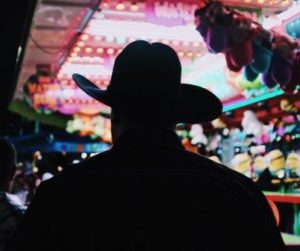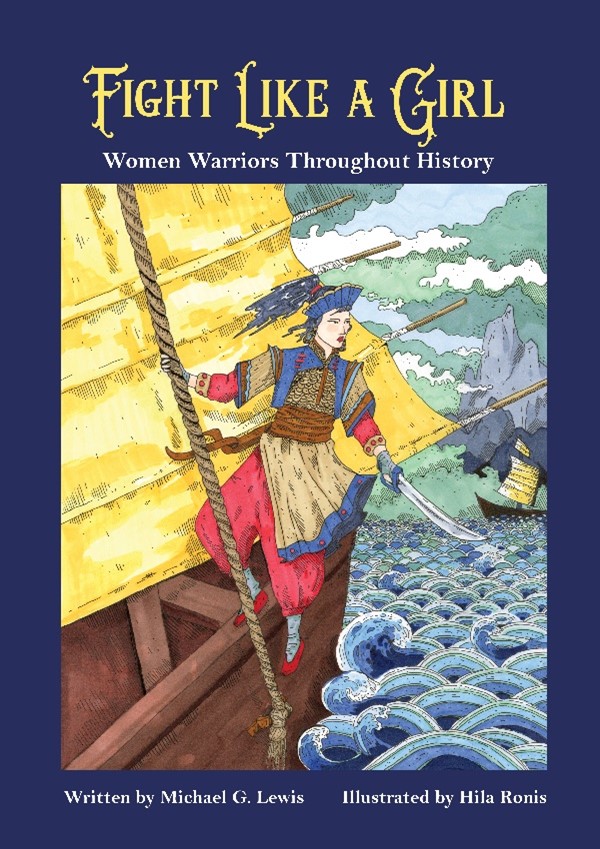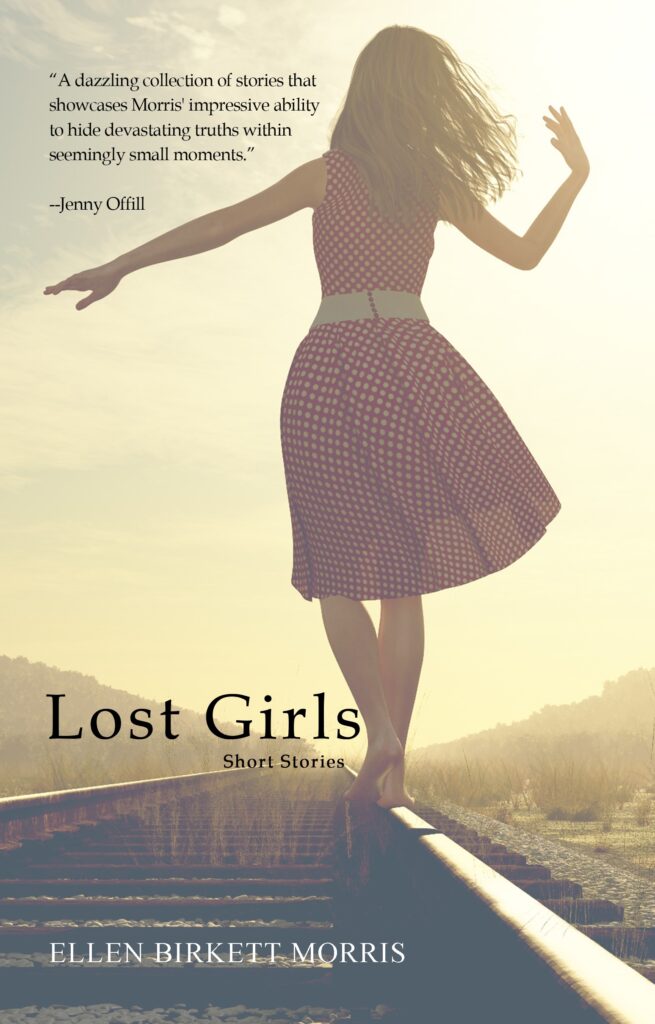A group of cougars live outside Los Angeles. They are testament to the amazing adaptability and strength of living creatures and metaphorical cautionary tale to writers of literary fiction. Because of the expanding network of interstates and highways enclosing the Santa Monica Mountains, the cougars are trapped in their habitat.
Only the luckiest of the fittest remain. These are forced to mate among each other, which has resulted in inbreeding and all the consequences thereof. Wildlife biologists speculate extinction within several generations for the cougars south of highway 101.
The Genre with Standards
The only genre that requires a graduate degree is literary fiction, the genre that embraces the long title: In the House Upon the Dirt Between the Lake and the Woods, “What We Talk About When We Talk About Love,” A Heartbreaking Work of Staggering Genius. A 2012 essay by Edan Lepucki cited five hallmarks of the genre: the above cited long title; adultery; blah, blah, blah, cue epiphany; “a dog barks, someone eats a watermelon, a car drives away”; subtle action signifying huge unconscious consequences.
Since graduating three years ago, I’ve often wondered if my MFA was worth it. For tangible returns, I spent fifty-thousand dollars, bought two-dozen novels and made an enduring friend. The price seems steep. Yet, I’ve never regretted accepting the debt.
 I was introduced to literary masterpieces such as Train Dreams, The Unchangeable Spots of the Leopard, 10:04, and 2666. I met peers who enjoyed discussing David Foster Wallace, Marilynne Robinson, and Bernard Malamud. These writers and their works remain among my favorites, and I’d argue anyone who hasn’t read them is missing a depth of thoughtfulness we need in these times of quick-draw sensationalism.
I was introduced to literary masterpieces such as Train Dreams, The Unchangeable Spots of the Leopard, 10:04, and 2666. I met peers who enjoyed discussing David Foster Wallace, Marilynne Robinson, and Bernard Malamud. These writers and their works remain among my favorites, and I’d argue anyone who hasn’t read them is missing a depth of thoughtfulness we need in these times of quick-draw sensationalism.
The Guard Changes
David Carr and David D. Kirkpatrick wrote an article in 2002 titled “The Gatekeeper For Literature Is Changing At New Yorker.” In the article, the David’s discussed the elevation of Deborah Treisman who would replace Bill Buford as fiction editor.
Treisman “long hoped to showcase more experimental stories and less fiction by and about men,” the Davids wrote, though they conceded “Mr. Buford managed to shake up the sleepy image of The New Yorker’s fiction, relying in part on a hefty dose of established, well-known writers. Breaking the New Yorker’s traditional mold, Mr. Buford even published short stories by the prolific horror writer Stephen King.”
If Literature Is A Holiday, Flannery O’Connor Carves the Turkey
Blame Flannery O’Connor. It didn’t start when she joined the Iowa Writers Workshop in 1946, eight years after the program’s founding, but she and later Raymond Carver—who attended Iowa in 1964—anchored the MFA tradition. Both are paragons of literary fiction. Both wrote works of insight and clarity. O’Connor was the master of inevitability. My MFA thesis advisor, frequently quoted O’Connor’s definition of a story in class and he just as frequently asked us what “a complete dramatic movement” was. No one could answer.
Shortly after Carver appeared on the MFA machine most literary writers followed suit. In 1967 the esteemed Columbia University MFA in fiction was founded.
A model was born. Write literary works for five or seven years; submit twenty pages of your best work to a selection of MFA programs in hopes of earning admission; begin graduate studies with dreams of fame; graduate with an invitation to teach college composition; slave at a collection of short stories or a novel for another five years; publish a book; fight for an adjunct spot in a new MFA program; teach at the new program; indoctrinate another generation in the cycle.
You Get What You Pay For
This extreme investment in one genre has created an almost insurmountable threshold for admission. Once admitted, you’ll fight for publication into a handful of approved magazines.
 The New Yorker, Granta, The Paris Review, and a few others publish mostly Alice Munro. On occasion these magazines include an “emerging writer,” the definition of “emerging” I think being “a graduate of the Columbia MFA.”
The New Yorker, Granta, The Paris Review, and a few others publish mostly Alice Munro. On occasion these magazines include an “emerging writer,” the definition of “emerging” I think being “a graduate of the Columbia MFA.”
When the great day arrives your story will appear in the esteemed magazine and its readers will be the handful of wealthy elites who possess graduate, and post graduate degrees. The story will net a minimal payment, and you’ll be forced into teaching to earn a living.
Anyone with less than five years of college will ask, “What’s the point?” You’ll routinely hear readers at the fringe of the literary conversation say, “Talk about boring,” yet you won’t ask yourself how you can learn from authors north of the 101.
A Case For the Mainstream
No one can pinpoint when literary fiction split from mainstream. Recent articles continue to define what literary fiction is, and in doing so, participate in political nonsense. Ray Harvey wrote in The Writing Cooperative “The difference between popular fiction and literary fiction is subtle but unmistakable.” He states “the criteria for literary fiction is this: depth of style, seriousness of approach, and an explicit emphasis on theme.”
 Sorry, Ray. Your main highlight in the article is less than hot air: it’s nonsense. Stephen King and Dean Koontz have great depth of style. John Grisham and James Patterson are completely sincere in their approach, and Johanna Linsdey and Danielle Steel emphasize their themes with clarity, but no one would argue these authors write literary fiction.
Sorry, Ray. Your main highlight in the article is less than hot air: it’s nonsense. Stephen King and Dean Koontz have great depth of style. John Grisham and James Patterson are completely sincere in their approach, and Johanna Linsdey and Danielle Steel emphasize their themes with clarity, but no one would argue these authors write literary fiction.
Perhaps a more thoughtful distinction between literary and mainstream fiction would be this: Literary fiction always wants the reader to remember she is reading. This may sound absurd, but I’d like to ask James Patterson if he’d rather his readers remember, “I’m reading” or if he’d prefer they say, “I was transported into a world of suspense and intrigue.”
The best path for all readers would be to stop pitting popular fiction against literary fiction. If we hope for fiction to avoid the way of the Santa Monica Cougar, we need to embrace craft tips from every genre. Mainstream fiction sells, and that’s all the case anyone should need for engaging in conversation about what mainstream writers do right. But if you want another perspective, consider whether Dostoyevsky would’ve defined himself as a writer of literary fiction.
About Those Cougars
Literary writers have created a Los Angeles interstate trap of their own in the MFA culture. As they specialize they tend to barricade themselves from diversity. This is done in the name of purity or art, or both.
Without a bridge between worlds, literary writers will go the way of P-18, a one-year-old cougar living near the Getty Center who was fatally struck by a motorist. This is the danger of writing for a harried population of readers.
The Worst That Could Happen
Suppose you buy a copy of Angels and Demons, and suppose you read it with no predisposed notions of what you’d find.
Harold Bloom claims to have read a selection of popular fiction, but it’s impossible to imagine he did so with an open mind. His criticism of mainstream fiction smells of religious zealotry. No one likes a bigot.
What would happen if you read Johanna Lindsey? Do you imagine you’d spoil your pure artistic soul?
I was afraid to read popular fiction because it seemed my professors felt it would ruin me. But after years of failure to publish my own writing, after years of reading exclusively literary fiction, I felt stymied to craft a story I was proud of, and I regularly bored myself to distraction.
 Then, sometime in 2015 I started reading Stephen King and James Lee Burke. Burke has published roughly twenty novels about a Louisiana detective named Dave Robicheaux. I read these mainstream hacks mostly by audiobook, because I wanted to save the purity of my eyes for truly important works of literature. Around the same time, my writing began to improve. Are the two events corollary or causal?
Then, sometime in 2015 I started reading Stephen King and James Lee Burke. Burke has published roughly twenty novels about a Louisiana detective named Dave Robicheaux. I read these mainstream hacks mostly by audiobook, because I wanted to save the purity of my eyes for truly important works of literature. Around the same time, my writing began to improve. Are the two events corollary or causal?
Unsolved Mysteries
The monologue I most frequently aimed at my $50,000 friend, one I continue to recite, goes something like this:
“I’m suspicious about the addictive quality of X book by X author. Isn’t there something wrong with getting so enthralled in suspense? I don’t trust that feeling like I’m getting pulled into another world. I don’t like to forget I’m reading.
“Shouldn’t a good book be able to captivate me without loading action and adrenaline onto every page? I relish Y author, but always find it harder to read her after finishing something by X. It’s like X is a drug. And I really don’t like how X puts entertainment at the forefront at the expense of character development.”
If I’m in a particularly ungenerous mood I might disparage X. “His characters behave in ways that no real person would, which gives me the feeling he’s forcing the plot on the character rather than letting action develop through hard studied human behavior. Plus, every time X’s characters bleed the author remarks that blood tastes like pennies. Who sucks on a penny anyway?”
But this monologue can easily swing the other direction. “Why can’t Rachel Cusk hold my attention? I read for two hours tonight and can’t remember a single thing that happened. My mind kept wandering. Isn’t it the author’s responsibility to draw me in?
 “And the truth is I think I learned more about the human condition when I read Johanna Lindsey’s One Heart to Win than I did when I read Outline. Shouldn’t that count for something? A month from now I won’t remember a single detail about Outline, but I’ll never forget that scene in Lindsey’s novel where the woman gave a piglet an Eskimo kiss. Preposterous! The image of a woman nuzzling a pig is juvenile and sentimental, but picturing it gives me pleasure. Should reading give me pleasure?”
“And the truth is I think I learned more about the human condition when I read Johanna Lindsey’s One Heart to Win than I did when I read Outline. Shouldn’t that count for something? A month from now I won’t remember a single detail about Outline, but I’ll never forget that scene in Lindsey’s novel where the woman gave a piglet an Eskimo kiss. Preposterous! The image of a woman nuzzling a pig is juvenile and sentimental, but picturing it gives me pleasure. Should reading give me pleasure?”
Erase the Distinction
The truth isn’t hard to find. If you can abandon your notion that popular fiction should be forbidden by any serious reader you’ll see the answer. Stephen King is a great writer. King will outlast most writers of his generation, and it’s not because he sold more copies than his contemporaries. He will endure because his work appeals to the complete person.
Marilynne Robinson will endure because her work, in its precision, sticks to the soul like a barb and salve. She has crafted stories of characters that live inside the reader.
I apologize if you thought the distinction was between literary and commercial fiction. You’ve wasted your time. Professors and critics owe you an apology too, because in their greed and pride they’ve spent their careers guarding their tiny plot of land rather than seeking to admire meaningful writing.
Maybe you’re scared to explore. You might think if you read popular fiction and like it it could be the end of challenging yourself with quieter novels. I assure you, this isn’t the case. As much as I boast about the greatness of 11/22/63, I also praise Gilead.
Genres exist for a reason. It can be helpful to know whether you’re picking up a book about aliens or one about a pastor living in the rural Middle West. But if you use genres to limit your reading, you miss the richest experiences. Don’t cheat yourself.
A Reading List
Suppose I’ve persuaded you to read more broadly. You might want a few recommendations on where to start. Understand, my tastes may differ from yours, but especially if you’re a writer you shouldn’t give up on popular and mainstream fiction solely because my recommendations don’t appeal to you.
Try these:
Watership Down by Richard Adams – It’s about rabbits.
The Stand by Stephen King – It’s about a global infection and the fallout.
Out of the Silent Planet by C.S. Lewis – It’s about god in outer space.
Ready Player One by Ernest Cline – It’s about virtual reality.
My Struggle by Karl Ove Knausgård – It’s about Karl’s life, but written in a prose that upset nearly every critic.
Dodgers by Bill Beverly – It’s about kids with guns running from the police.
The Cartel by Don Winslow – It’s about drugs and sex.
Jody J. Sperling lives in Omaha with Ashley, Silas, Edmund, and Tobias. His work is forthcoming in Whiskey River and Adelaide Literary Magazine. Previous works have been published in Litro, Midwestern Gothic and elsewhere. He also writes regularly for Bookfox.




I totally agree. I’ve learned more about life, death, and art from Phillip K. Dick than Updike.
Also, Ray Bradbury won the national book award for Fahrenheit 451. This predates the rise of O’Connor and Carver.
Thank you for this.